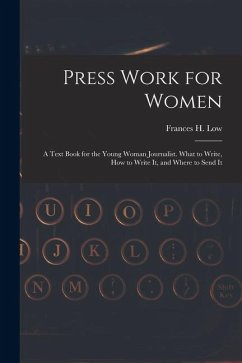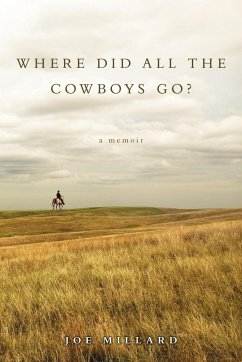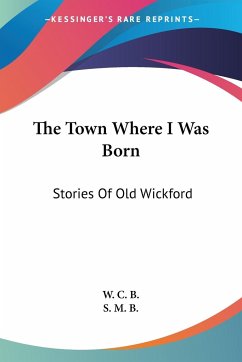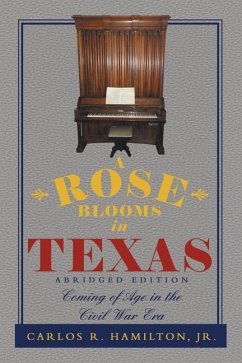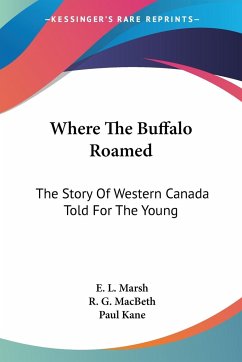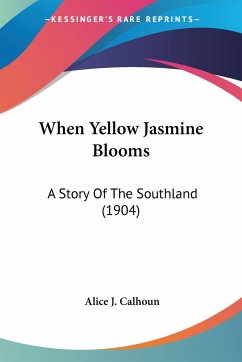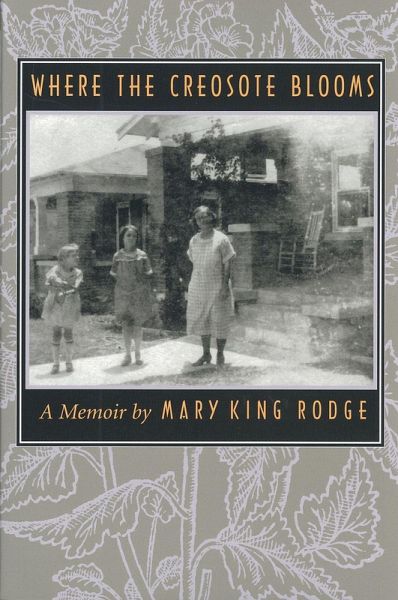
Where the Creosote Blooms
Volume 19
Versandkostenfrei!
Versandfertig in über 4 Wochen
12,99 €
inkl. MwSt.

PAYBACK Punkte
6 °P sammeln!
For a child growing up in the 1920s, El Paso seemed to be full of off-beat characters and warm personalities: from a diverse group of servicemen and their families stationed at Fort Bliss to tuberculosis patients attracted by the dry desert climate. Mary Rodge's father, a dye man in the cotton-mill industry, moved the family to El Paso in 1924 when he was offered a job there. Rodge's memoir begins with her family's hazardous road trip across the desert from Redlands, California, to Texas. In the following pages, she explores the lives of its citizens and narrates her experiences over the next ...
For a child growing up in the 1920s, El Paso seemed to be full of off-beat characters and warm personalities: from a diverse group of servicemen and their families stationed at Fort Bliss to tuberculosis patients attracted by the dry desert climate. Mary Rodge's father, a dye man in the cotton-mill industry, moved the family to El Paso in 1924 when he was offered a job there. Rodge's memoir begins with her family's hazardous road trip across the desert from Redlands, California, to Texas. In the following pages, she explores the lives of its citizens and narrates her experiences over the next eight years. She reminisces about the family's attempt to raise pigeons to market to the Harvey House restaurant, picnics at Hueco Tanks, and parties at Elephant Butte Dam. As she and her friends become older and deal with the difficulties of adolescence, Rodge realizes the influence of her hometown on her life. While she takes a nostalgic look at her childhood, Rodge also examines timeless social issues--terminal illness, suicide, sex, and abortion. Her remarkably frank attention to these sensitive subjects and their role in middle-class, urban life of the 1920s and 1930s makes her tale vivid and fascinating. Looking back, Rodge discovers that adolescence was more than a point of time in her life--it was a place. Each episode in her memoir mixes optimism, humor, and honesty.



